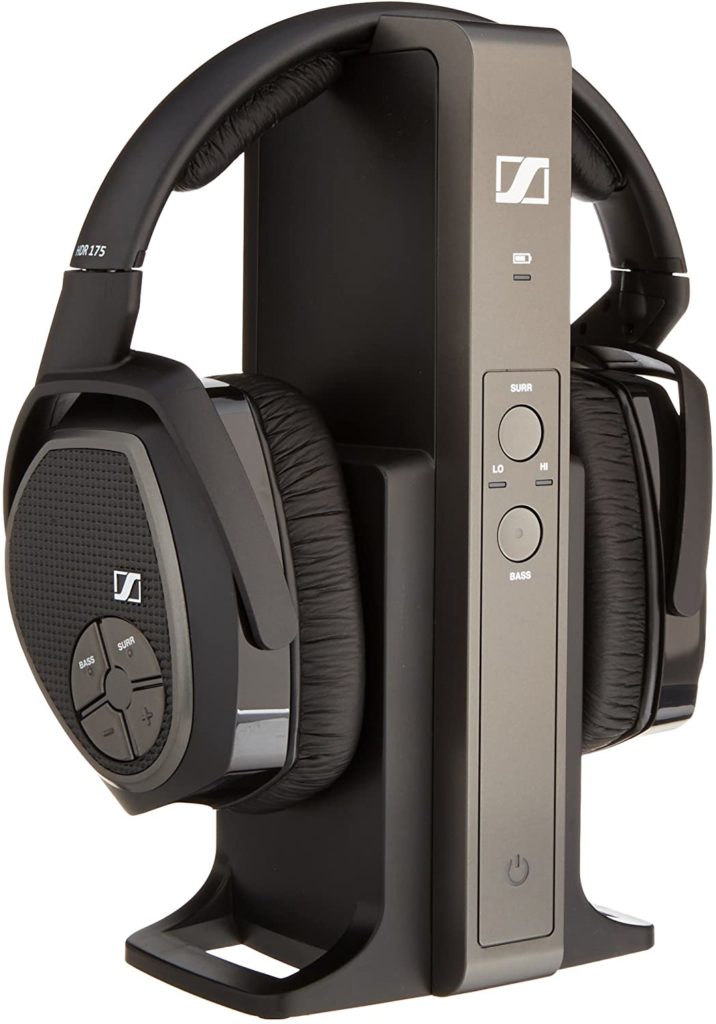In today’s global business landscape, the ability to communicate across languages is essential for success. Hiring a skilled and reliable translator can be the key to expanding your business, reaching new markets, and creating a multilingual brand presence globally. If you want to communicate effectively with your customers and business partners in foreign countries, it’s crucial to have accurate and culturally-sensitive translations. For your localization solution for enterprises, you need a translation team to help you localize your brand for overseas customers. Therefore, hiring the best translators for global businesses is a critical task. In this article, we will discuss some key factors to consider when hiring translators for your global business.
Table of Contents
Pro Tips to Hire the Best Linguists
Finding the right translator can be a daunting task. Here are some tips to help you hire the best translators for your business.
Determine Your Translation Needs
The first step in finding the best translators for your business is identifying your translation needs and translation companies can help in this. Which languages are you targeting? Which types of documents or content do you need to be translated? It is important to be specific about your translation needs and narrow down your translation requirements to ensure that you find a translator with the right expertise and skills.
For example, if you’re a law firm that needs to translate legal documents, you’ll want to look for a translator who has experience with legal terminology and the specific requirements of legal translation.
Look for Native Speakers
The most important thing to look for in a translator is that they’re a native speaker of the target language. Native speakers have a natural understanding of the language nuances, including its grammar, vocabulary, and cultural sensitivities. This ensures that the translation is accurate and culturally appropriate.
In addition to being a native speaker, you must look for a translator who is fluent in your source language. A translator who is fluent in both languages will be able to understand the nuances of the source language and accurately convey them in the target language.
Education and Credentials
When hiring a translator, it is essential to check their quality and credentials. A degree in translation, linguistics, or a related field is a good indicator of a translator’s skills and expertise. In addition, certifications from reputable translation organizations such as ATA (American Translators Association) or ITI (Institute of Translation and Interpreting) are a good sign that the translator has met certain standards of quality.
However, it’s important to note that not all translators have a formal education in translation. Some may have acquired their language skills through immersion, living in a foreign country, or extensive travel.
Translation Experience
Experience is a crucial factor when hiring a translator. Look for a translator with a proven track record of delivering accurate, timely translations. It’s also essential to ask for references and check their portfolio to see the type of work they’ve done before. Translators with experience in your industry or with the type of content you need translated are more likely to understand your specific requirements and deliver accurate translations. Also, consider if the translator has any exposure to working with a professional localization management platform or other latest language tools.
Translation Skills and Process
A good translator should have a structured translation process that includes multiple rounds of editing and proofreading. This ensures that the final translation is accurate and error-free. Ask the translator about their translation process and how they ensure quality control. Before hiring a translator, it is a good idea to test their translation skills. Provide them with a short sample of content to translate and evaluate the accuracy and quality of the translation. This will help you determine if the translator is the right fit for your business.
Communication and Availability
Effective communication is crucial when working with a translator. Make sure that the translator is responsive and communicative and that they are available to work on your projects as needed. Hiring translators who match your preferred time slots is important, so all your team members are available at the same time and effortlessly collaborate with each other.
Understanding of the Latest Technology
Traditional ways of translation are almost out of business, so your translation should have a good understanding of modern translation technologies. It is important to consider whether or not a translator has any experience working on a translation management system. Otherwise, you must invest time in training them to use a particular TMS system.
Final Words!
Hiring the best translators for your global business requires careful consideration of several key factors, including their language skills, education and credentials, translation experience, translation skills, and availability timings. By following these guidelines, you can find a translator who will deliver high-quality and culturally-sensitive translations that will help your business succeed in the global marketplace. Moreover, you can find professional translators through job portals, freelancing sites, and social media platforms.

